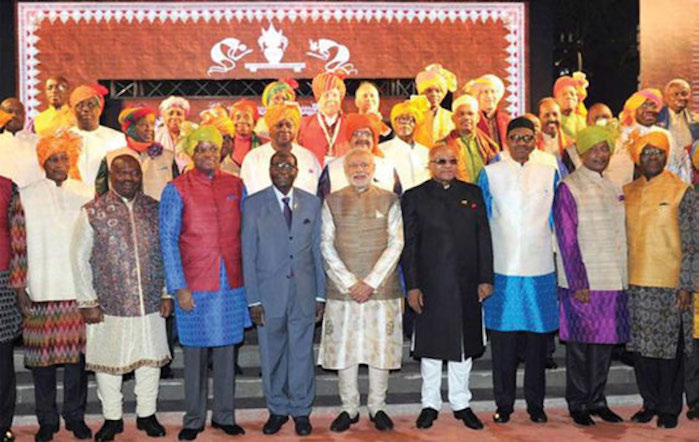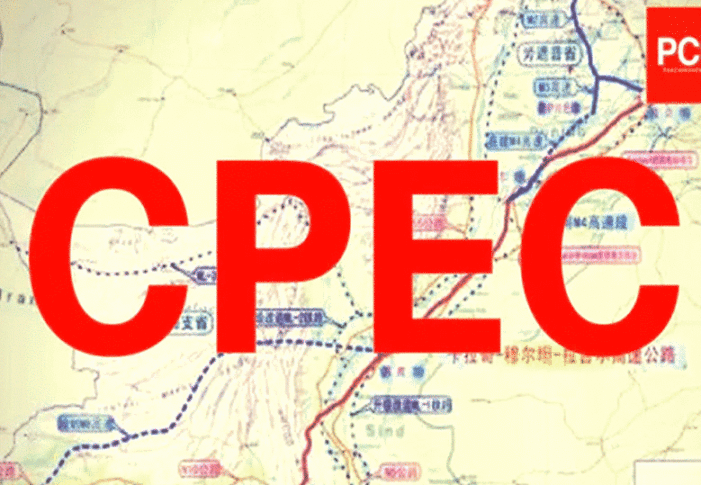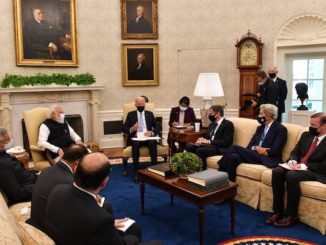
NEW DELHI (TIP): Africa is in the air as New Delhi hosted representatives of countries from the African continent for the third India Africa Forum Summit (IAFS) from 26-29 October, 2015.
Calling India and Africa “the two bright spots of hope and opportunities in the global economy”, Prime Minister Narendra Modi told the leaders of African nations in Delhi that India and Africa must “speak in one voice” for U.N. reforms.
“This is a world of free nations and awakened aspirations. Our institutions cannot be representative of our world, if they do not give voice to Africa, with more than a quarter of UN members, or the world’s largest democracy with one-sixth of humanity,” Mr. Modi said.
India and African nations decided on October 29 to step up cooperation to fight climate change and terrorism, as Prime Minister Narendra Modi made a strong pitch for partnership in these key areas amid shared concerns about global warming and extremist groups like Boko Haram.
At the third India-Africa summit in Delhi, visiting leaders backed Modi’s call for a “comprehensive” agreement on climate change at a UN conference to be held in Paris, while the PM pointed out that India and Africa contribute very little to global warming.
“It is also true that the excess of a few cannot become the burden of many,” he said, hinting that developing nations were made to pay for the share of developed countries in climate change.
“So, when the world meets in Paris in December, we look to see a comprehensive and concrete outcome that is based on the well established principles in the UN Convention on Climate Change. We will all do our part for it.”
Delegates from about 190 countries are slated to attend the Paris meet with the aim to limit the rise in global temperatures to 2°C above pre-industrial levels and move the world away from fossil fuels.
India has opposed the binding nature of the proposed treaty to be implemented from 2020 and repeatedly said only rich countries are required under a previous UN climate convention to reduce carbon emissions.
“For India, 175 GW of additional renewable energy capacity by 2022 and reduction in emission intensity by 33- 35% by 2030 are just two aspects of our efforts,” the Prime Minister said, adding that India was making “enormous efforts” with its “modest resources” to combat climate change.
Leaders at the India-Africa summit also agreed to boost cooperation in counter-terrorism and maritime security against the backdrop of the growing menace of outfits like Boko Haram, the terror group based out of north-eastern Nigeria which is a threatening presence in Chad, Niger and northern Cameroon.
“Africa, like the rest of the developing world, has its development challenges. And, like others in the world, it has its own concerns of security and stability, especially from terrorism and extremism,” Modi said. “That is why we wish to deepen our cooperation in maritime security and hydrography, and countering terrorism and extremism; and why we must have a UN Comprehensive Convention on International Terrorism (CCIT).”
The CCIT is a treaty proposed by India which is deadlocked at the United Nations for close to two decades. It aims to criminalize all forms of international terrorism and deny terrorists, their financiers and supporters access to funds, arms and safe havens.
The participants called on all countries to ensure their territories were not used for cross-border terrorist activities, while acknowledging that the menace of non-state actors, including armed groups, had acquired “a new dimension”.
“We have excellent defense and security cooperation with many African countries. We have done this bilaterally and through multilateral and regional mechanisms. Closer defense and security cooperation, especially in capability development, will be a key pillar of India-Africa partnership,” said the Prime Minister. “We will intensify our cooperation against terrorism and rally the world to build a common cause against it.”
“Two-thirds of India and two-thirds of Africa is under the age of 35 years. And, if the future belongs to the youth, then this century is ours to shape and build.”
The PM spoke at the inaugural session of the IAFS, at the Indira Gandhi indoor stadium in Delhi that has been given a full makeover for the big summit.
(READ The Full text of PM’s statement on www.theindianpanorama.news/modi )
Here are 10 key highlights from PM Narendra Modi’s speech at the ceremony:
- Financial assistance:
Prime Minister Narendra Modi announced concessional credit of $10 million over the next 5 years for Africa. This will be in addition to India’s ongoing credit program. PM also announced a grant assistance of $600 million, which will include India-Africa Development Fund of $100 million and India-Africa Health Fund of $10 million.
It will also include 50,000 scholarships in India over the next five years. And, it will support the expansion of the Pan Africa E-Network and institutions of skilling, training and learning across Africa.
India has committed $7.4 billion in concessional credit and$1.2 billion in grants since the first India-Africa Summit in 2008. It is creating 100 capacity building institutions, and developing infrastructure, public transport, clean energy, irrigation, agriculture and manufacturing capacity across Africa.






Be the first to comment